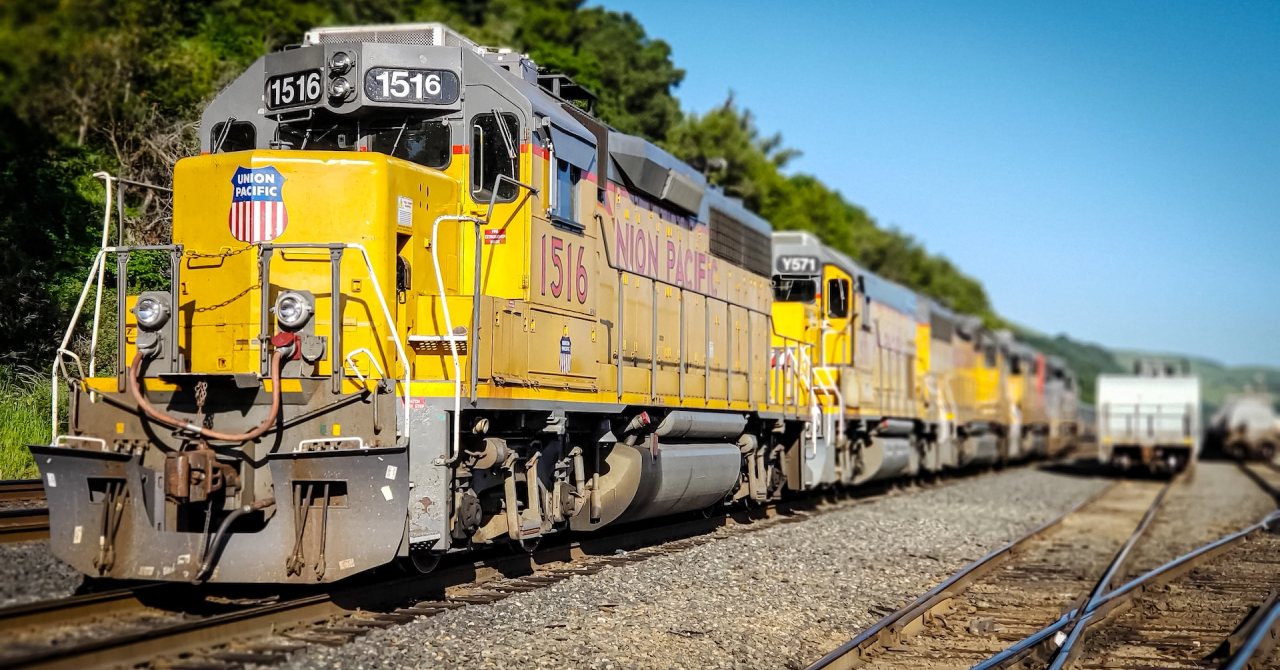ESG Today writes that the collaboration follows earlier plans, released in 2020, when Canadian Pacific at the time acquired Kansas City Southern in order to form a joint venture that would develop the world's first hydrogen-powered locomotive in North America for cargo transport.
They successfully converted an old diesel train with hydrogen fuel cells and batteries and in the meantime, the locomotive railed for over 1.600 kilometers.
Hydrogen is considered by some experts to be one of the more potent fuels of the future, capable of working great for personal transport, as well as for public and large-scale transport, but also for large industries. In this respect, it can be considered a modern and clean version of the fossil fuels that have powered the world until recently.
CPKC President and CEO Keith Creel said that "our hydrogen locomotive went from concept to reality in 24 months with the first zero emissions hydrogen locomotive having already pulled freight in revenue service. We look forward to this collaboration as we work to create a lower carbon future."
One of CSX's diesel locomotives will now be in line for modernization using the same hydrogen kit which the initial testing unit used to expand the network of hydrogen-powered trains.
Flix operated the first long-distance eco-trains back in 2018 and initiated a pilot program for fully-electric coaches that traveled on long distances in the same year. Also, the company launched the first biogas-fueled long-haul coaches back in 2021 for EU routes.
 Mihai - Cristian Ioniță
Mihai - Cristian Ioniță












Any thoughts?